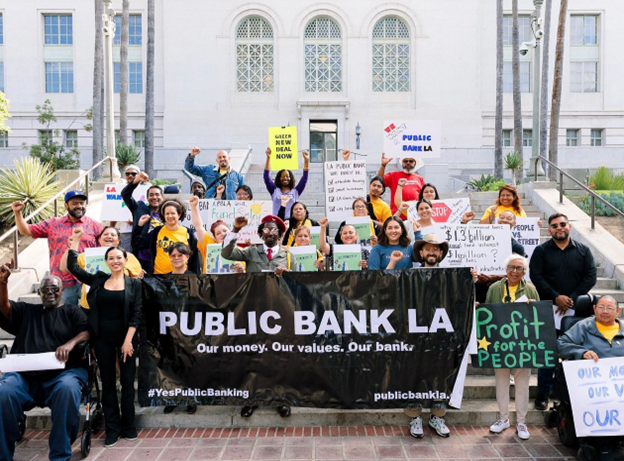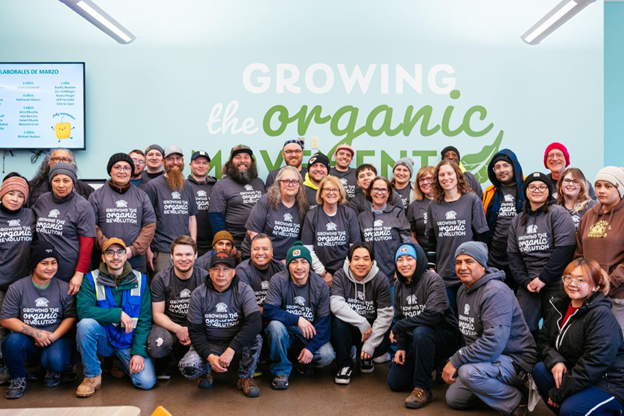Unpacking the Business Growth Mandate: A New Era of Growth Hacking
In a world where corporate responsibility and sustainability are gaining traction, the traditional view of relentless growth is increasingly under scrutiny. The revolutionary shift initiated by Yvon Chouinard, founder of Patagonia, serves as a powerful case study. Chouinard’s audacious act of making the Earth the sole shareholder of his $3 billion company encapsulates a bold departure from the stock market-driven mindset that has long governed business practices.
The Earth as Shareholder: Redefining Growth
Chouinard’s controversial stance, stating “Instead of ‘going public,’ you could say we’re ‘going purpose,’” highlights an essential truth: the pitfall of equating constant growth with success. In order to address both the ecological and existential crises facing us, he transferred Patagonia’s voting stock to the Patagonia Purpose Trust, thus embedding sustainability into the very fabric of the company.
A New Business Paradigm
This paradigm shift raises critical questions: How can businesses balance ethical responsibilities with growth objectives? The answer requires a departure from the growth-at-all-costs mentality that permeates corporate culture.
Understanding the Foundation of Conventional Business Growth
The framework of most publicly traded companies is inherently structured for growth. Although they represent only a fraction of the business sector, these firms wield significant influence over market behavior. The growth imperative is often propelled by the profit motive, driven by shareholder primacy and competitive market dynamics.
Investors tend to prioritize growth over profitability, creating a culture where rapid expansion is viewed as a badge of honor—even if it comes at a social or environmental cost. Dr. Melanie Rieback, a proponent of Post-Growth Entrepreneurship, argues that this “financial extraction” is fundamentally at odds with sustainable practices. In her view, when financial interests override other considerations, the social and ecological consequences often become unbearable.
Exploring Alternatives: Moving Beyond Extraction
The imperative to grow can often lead companies down a destructive path that prioritizes short-term gains over long-term sustainability. In response, innovative business models and funding solutions are emerging that prioritize the greater good.
Enter the New Age of Funding
Organizations like Slow Money have taken the lead in promoting non-extractive funding models. By investing $100 million in over a thousand farms focused on sustainable agriculture, they are creating meaningful change in the food sector. New funding approaches, from peer-to-peer loans to community-based events, are shifting the narrative from profit to purpose.

Gathering facilitated by Slow Money, supporting local food systems. (Slow Money Institute)
Community-Driven Models: A Step Towards Resilience
Beyond small grants and local funding, community crowdfunding has emerged as a formidable alternative to conventional financing methods. Initiatives like Andelsgaarde in Denmark, alongside community-supported agriculture models, exemplify the growing trend of collective ownership focused on long-term sustainability. These community investments offer food rather than financial returns, fostering a strong connection to local resources.

June 2024 rally at Los Angeles City Hall. (Public Bank LA Coalition)
The Role of Public Banking
Public banks have the potential to fill the financial gaps left by extractive models, offering long-term, low-interest loans for sustainable projects. As noted by Dan Pelegero of Public Bank LA, these institutions can utilize tax revenue to fund climate initiatives, prioritizing the public interest over shareholder returns. Such financial models could play a crucial role in transitioning toward a just and sustainable economy.
Shifting Towards a Stewardship Governance Model
The concept of stewardship governance opens up new pathways for businesses to align their objectives with societal needs. Tools like golden shares and purpose trusts ensure that a company’s mission remains focused on its community and environmental impact, rather than merely chasing profits.
Incorporating these models allows businesses to navigate the tricky waters of profitability while being accountable to stakeholders. Companies like Organically Grown Company illustrate the success of such governance models, proving that it is possible to operate sustainably without sacrificing growth entirely.

Organically Grown Company’s Portland distribution team. (Organically Grown Company)
The Path Forward: Embracing a Post-Growth Future
As we move forward, the discussion surrounding business growth is shifting away from a singular focus on profits towards a more holistic view. There is immense potential for innovation within post-growth business models, allowing for a wide range of values to drive decision-making. The emphasis is on creating sustainable value rather than merely pursuing growth for its own sake.
In a world increasingly fraught with ecological challenges, it is time for the brightest business minds to break free from the constraints of shareholder primacy and embrace new modes of finance and governance. This is the future of growth hacking—a future committed not only to success but to the planet itself.
Photo credit: Gathering facilitated by Slow Money, promoting grassroots funding for local food systems. (Slow Money Institute)






